Voting day, while you head towards the election office, you are left wondering who would best represent your interests. You have read in the programs: “I’ll contribute to this…” or “I’ll improve that…” but nothing specific.
We very often see the same with candidates preparing for an interview: they remain superficial. Of course, this is easy to understand; for the same reason that politicians don’t provide much specificities, the candidates are afraid of being wrong or attacked on the specifics.
Let’s further explore this in three points:
- Being specific takes time and effort
- Being specific makes a huge difference
- Being specific requires fine tuning
Being specific takes time and effort
Perhaps the most important takeaway message: it will take a lot of work to be specific. You need to ask yourself the hard questions: how much improvement, how would I precisely contribute, how do I see myself in 5 years… You’ll need to read a lot to figure out what is realistic while not being straightforward. But at the same time, this is what is expected from you.
Being specific makes a huge difference
Standing out of the crowd and being picked is a subtile mix of many parameters. By being specific, you make sure there is no misunderstanding about what you know, what you do and what you plan to achieve. To me, this makes the difference between useful and useless. Of course, you take the risk of alienating someone who has an opposite point of view, which probably explains the strategy of politicians. But in science, the worst question you could receive is: “what are you actually planning to do?”
Being specific requires fine tuning
The first law of communication requires you to adapt to your audience. Therefore, gather as much information as you can on your jury and fine tune your specificities to them. You would not talk to kids the same way you would talk to your peer. Yet, in each case you need to be specific; everybody, kids as well as your peers, have b* detectors.

